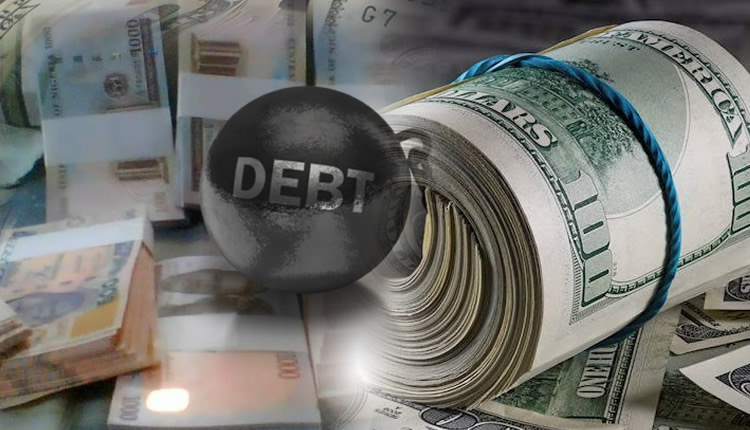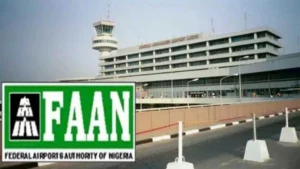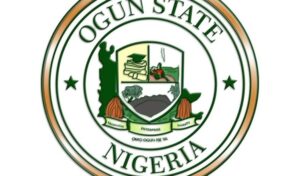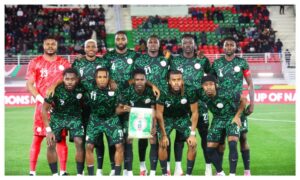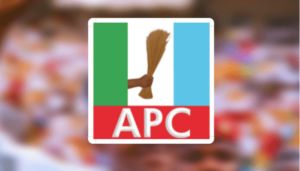The Nigerian government spent a staggering $1.36 billion on servicing its debts in the first six months of 2024. This amount is over 200% higher than the $431.23 million spent during the same period in 2023, according to the Debt Management Office (DMO).
This sharp increase in debt servicing costs has been attributed to rising global interest rates, which have significantly raised borrowing costs for the country. The growing expenses highlight the mounting pressure on Nigeria’s economy as the government grapples with financial challenges.
Nigeria owes money to several international and multilateral creditors. Between January and June 2024, the government repaid $813.58 million to the International Monetary Fund (IMF)—more than double the amount it paid in 2023. Other significant repayments include:
- African Development Bank (ADB): $113.91 million
- African Development Fund (ADF): $18.15 million
- Islamic Development Fund (ISF): $11.96 million
In addition, bilateral creditors such as the Japan International Cooperation Agency and the French Development Agency also received repayments, though these were relatively smaller.
The DMO report shows Nigeria’s public debt increased significantly in 2024. Domestic debt jumped to ₦71.2 trillion in June 2024, compared to ₦59.1 trillion in December 2023—a 20.4% rise. Foreign debt also grew slightly to $42.9 billion.
The government’s reliance on promissory notes has further added to the debt burden. Promissory notes, used to settle unpaid obligations to contractors and suppliers, rose by 114% since President Bola Tinubu took office, reaching ₦1.65 trillion as of June 2024.
To combat inflation and stabilize the economy, the Central Bank of Nigeria has raised the monetary policy rate to 27.25%. While this move aims to reduce the cost of living, it has also made borrowing more expensive for both the government and private businesses, increasing the debt servicing burden.
Nigerians are growing increasingly concerned about the nation’s debt situation. Many question why international creditors continue to approve loans for the country despite limited economic progress.
At the United Nations General Assembly in September, President Tinubu, represented by Vice President Kashim Shettima, urged global leaders to consider debt forgiveness for Nigeria and other developing nations. He argued that without concessions, countries in the Global South would struggle to achieve meaningful economic growth.
With rising global interest rates and mounting debt obligations, Nigeria faces a tough road ahead. Fitch Ratings predicts the country’s external debt servicing will climb to $5.2 billion in 2025, further straining its finances.
The Nigerian government must navigate these challenges carefully, balancing debt obligations with efforts to revive the economy and reduce the financial burden on its citizens.
